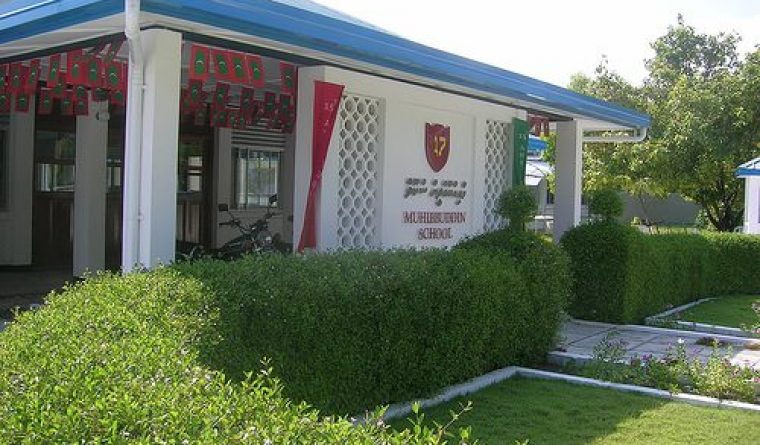
An Education Response Plan (ERP) has been prepared to reopen the schools in the ‘new normal’ following a period of shutdown as a precautionary measure implemented amidst the ongoing COVID-19 pandemic, Ministry of Education revealed on Wednesday.
The plan will focus to ” minimise the loss of learning for students, while simultaneously preventing the spread of COVID-19 from schools into local communities”, by implementation of appropriate measures in schools and conducting awareness programs as per Health Protection Agency (HPA)’s guidelines.
There are five key areas, including the safety of the school environment, continuity of education, assisting students that are marginalised in society for various reasons, protection and well-being, as well as building resilience and strengthening coordination, and these in particular will be targeted. These key areas will be implemented in three different stages — before, during and after the reopening, according to the Ministry.
The ERP will provide two options depending how COVID-19 unfolds and be ready for to two possible scenarios in reopening the schools. Scenario 1 is prolonged school closure until the end of the academic year 2020 and reopening in January 2021, while Scenario 2 is schools reopening later in 2020, possibly during August or September, on a date recommended by HPA and approved by the government.
The ERP, in both scenarios, will require schools to adhere to strict physical distancing and sanitisation protocols.
Schools can be a major source of disease transmission, the ERP considering previous studies of epidemic the top priority will be safety, of both students and the community, and therefore, schools will not reopen until public health experts are confident that it is safe to do so.
The plan also includes ways of evaluating the implementation of measures listed in the ERP and measures on how to proceed with these implementations.
The Education Response Plan (ERP) was prepared by the Education Ministry in collaboration with UNICEF due to the shutdown of schools across the country amidst the COVID-19 health crisis.
Schools were officially closed on March 12, after the conclusion of the midterm break which began on March 8. During the shutdown, lessons were delivered via television programme ‘Telekilaas’ as well as online classes. While Telekilaas was shortly after halted for over a month, the authorities have resumed the programme again.
The Education Ministry also established a portal named ‘Filaa’ to make digital content produced by teachers available to students.
Maldives presently records a total of 2,120 confirmed cases, out of which 433 are active cases of COVID-19. The country records 1,677 recoveries and eight fatalities so far.
As one of the most densely populated cities in the world, Maldives’ capital Malé recorded a significant increase in COVID-19 cases in the first weeks following the first confirmed local transmission on April 15.
However, the number of recoveries have continued to rise, with over 79 percent of patients now recovered.
WHO has classified the spread of COVID-19 as a global pandemic. The new strain of novel coronavirus has infected over 8.4 million people and claimed over 451,300 lives around the world. However, out of those infected, 4.4 million people have recovered.